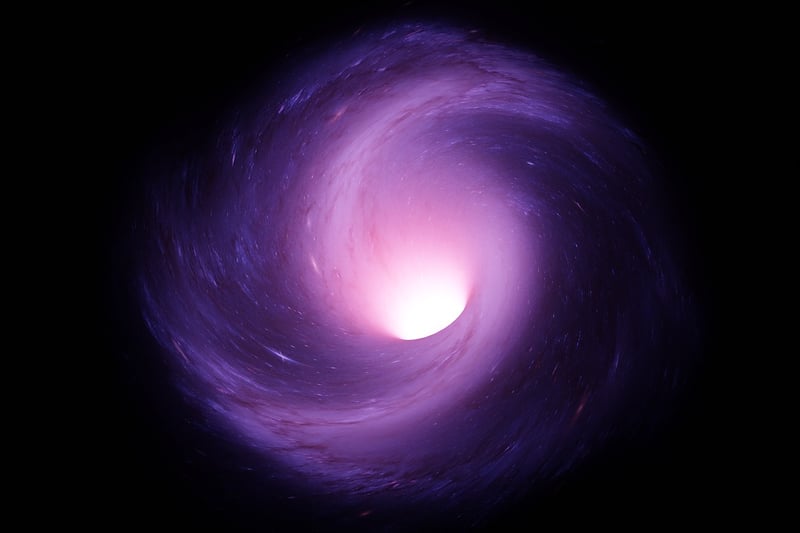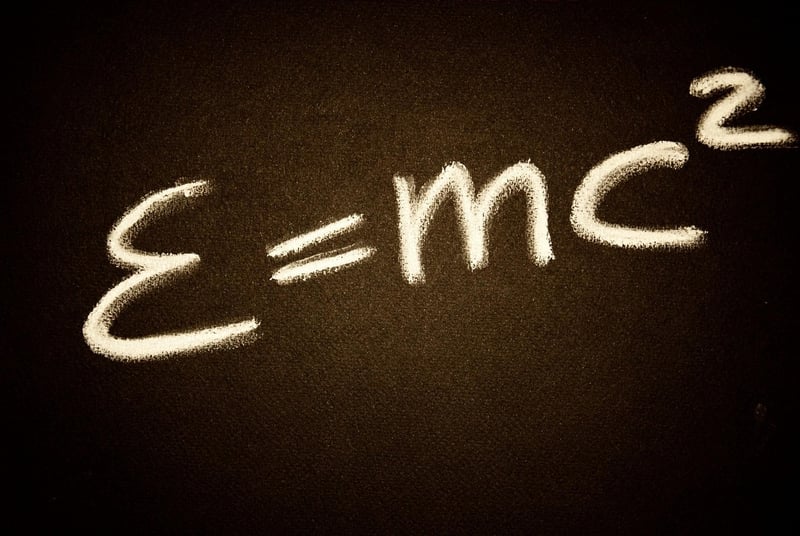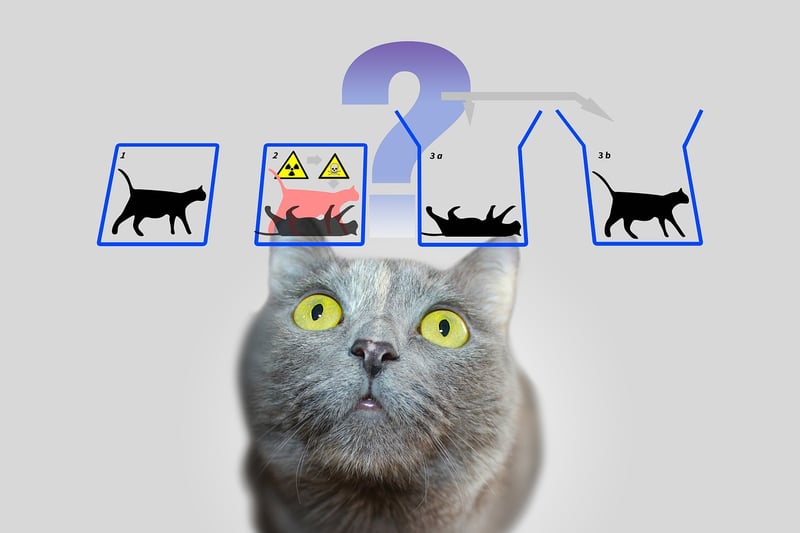How They Work
The Fascinating World of Time Travel Technology
Time travel has long been a subject of fascination, inspiring countless books, movies, and scientific inquiries. While the concept of traveling through time may seem like pure science fiction, researchers and physicists have been exploring the possibility of time travel and the technology that could make it a reality. Let's delve into the intriguing world of time travel tech and how these theoretical concepts work.
1. Wormholes
One of the most popular theories for time travel involves the use of wormholes. Wormholes are hypothetical passages through spacetime that could create shortcuts for long journeys across the universe or even different points in time. By manipulating the openings of a wormhole, it might be possible to travel to the past or the future.

2. Time Dilation
Time dilation is a concept from Einstein's theory of relativity that suggests time can be stretched or contracted depending on the speed of an object and the gravitational forces acting upon it. This phenomenon has been observed with high-speed particles and astronauts in space. By leveraging time dilation effects, it might be feasible to manipulate time for time travel purposes.

3. Quantum Entanglement
Quantum entanglement is a phenomenon where two particles become interconnected in such a way that the state of one particle instantly influences the state of the other, regardless of the distance between them. Some scientists speculate that harnessing quantum entanglement could lead to communication across time or even time travel itself.

4. Cosmic Strings
Cosmic strings are theoretical one-dimensional defects in the fabric of spacetime. These cosmic strings could have immense mass and create gravitational fields capable of warping spacetime significantly. By manipulating or harnessing cosmic strings, scientists theorize that they could potentially create closed timelike curves, allowing for time travel.

While these theories and technologies are currently in the realm of speculation and theoretical physics, they offer a glimpse into the exciting possibilities of time travel technology. As researchers continue to push the boundaries of our understanding of the universe, who knows what the future holds for the exploration of time itself.
